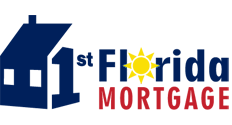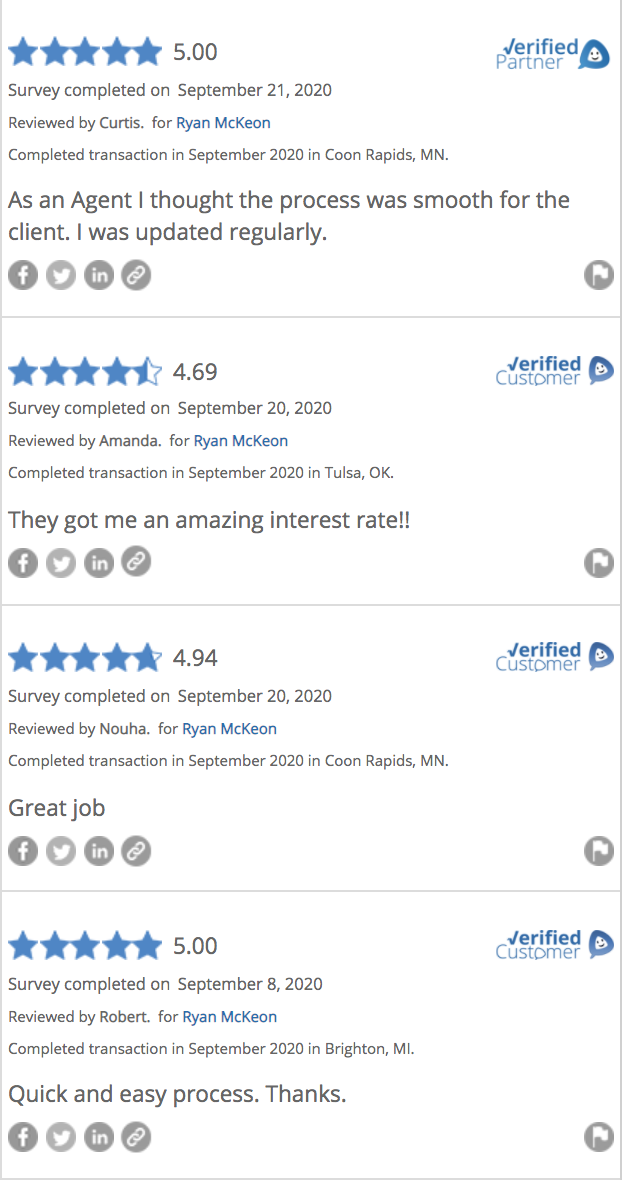While it may seem harmless to alter your information on your mortgage application, you don’t want to over inflate your income or fail to reveal where the down payment funds originated. Everyone wants to get the best loan they can afford at the best rates. But if you lie on that mortgage application you risk losing that home if you can’t pay the loan. On top of that mortgage fraud is a felony in the USA which can lead to decades in prison and thousands up to one million dollars in fines. See how that little white lie turned out to be not so harmless after all?
If you cannot qualify on your own for the loan sometimes you may get a friend or relative to state they are a co-applicant/co-buyer. They would have to state they are also going to reside in the home and assist with the mortgage payments. Or perhaps someone asks you to be that co-buyer. Either way this is a huge mistake.
Once a signature is on loan papers, even if you believe you’re not the borrower and won’t be making payments, the loan will still be listed as a debt on your credit report. If the co-buyer chooses to take out a mortgage for themselves or any other large credit purchase like a car, you’ll be limited by the additional debt. You’ll also be liable if the person really living in the home lapses on payments.
Most lenders look for a minimum of two years of solid employment on an application. This implies reliable income and presents less risk of that you will default on a loan.
It may seem ideal to pad your employment records to claim longer employment periods and higher earnings or lie about owning a small business. Lenders will look at your tax records to confirm what you reported to the government annually. Mismatched numbers will be a huge red flag and a one-way trip to a denied loan.
Even if your fictional information isn’t detected right away, it could cause problems later if, because of the falsified numbers, you find yourself with a mortgage that’s too much to handle. You can lose your home and seriously damage your credit history.
Debt-to-income ratio is a significant factor in how a lender determines your eligibility for a home loan. You may think you’ll get a better deal if you leave a few debts off your mortgage application, so it seems you owe less than you do or that they have lower existing monthly debt payments. Mortgage brokers and lenders always run a credit check, and any debt in your name including car loans, student loans, medical bills, banks, and old credit cards will be listed. So this tactic of deception never works.
You may find the perfect mortgage rate and discover you don’t have enough cash for a down payment and ask to borrow money from a relative. The most important thing a lender wants to know is that you can afford to take on a home loan. When you apply for a mortgage, all existing debts are evaluated by the lender.
There’s a temptation to submit a “gift letter” claiming that the loan you obtained from family or friends for the down payment is a gift that won’t have to be paid back. That way, you qualify for a bigger mortgage and can buy a larger home.
Everyone involved could potentially be prosecuted for mortgage fraud, however, if that deception is discovered. If you are short on down payment money, start stashing money when you can.
Be honest. Don’t lie about anything on a loan application. Don’t stretch the truth about anything. Don’t alter anything. Don’t make up anything. The temporary “benefits” do not outweigh the catastrophic ones.




